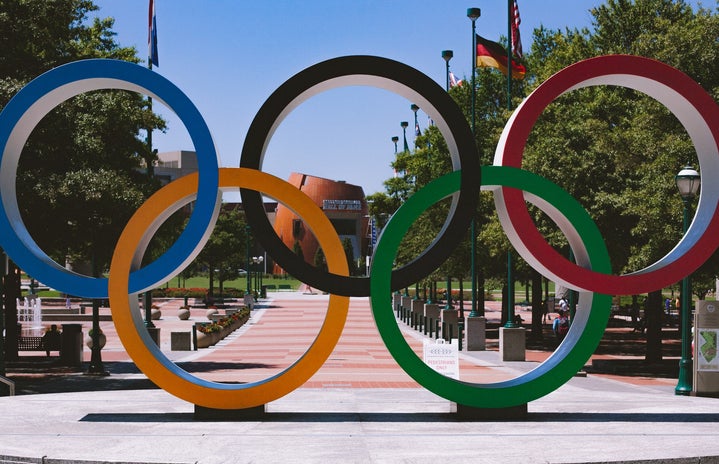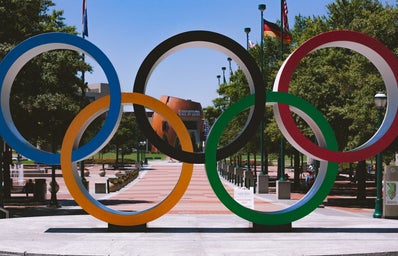Olympics – since its inception, masculine: the historical exclusion of women in the Games
In Ancient Greece, where the Olympics Games were created, women were reduced to maternity, even in Athens – the most developed acropolis. So they only could participate in Heraea, another version of the dispute. Wearing short tunics and loose hair, proving that the sexualition of them in sports always existed, they played Heraea in the Olympia’s stadium as a tribute to the goddess Hera but could be watched just by Demetra’s priestesses or men.
Because of the relationship between Greeks and Romans, Emperor Theodosius II ended the tradition, but later Pierre de Coubertin created the Modern Games. It was disputed for the first time in 1896 and also didn’t allow women’s participation, even because for the Baron de Coubertin their role in the sports were only to “take part of their husband’s sporting pleasures”.
Throughout history, women have been banned from many things, but it never stopped some of us that would run 42km in the day after the marathon to show we could be as good as a man, just as Stamati Revithi did after the first edition in which she was banned from taking part.
The gradual and important advances in the inclusion and visibility of women athletes
It wasn’t until the 1900 Paris edition that women were allowed to participate, but even then only 2.2% of the players were female and they didn’t win medals. More than a century later, we have gained independence and some respect, but not equality.
The 2012 London Olympics was the first in which women participated in all categories and also the first to have at least one woman in each delegation.
Four years later, the Rio edition had the highest number of female athletes competing: 5,176 in total, which meant that 45% of the participants were women. This year’s games, which will take place in Tokyo, achieved 49% women among the competitors.
Great women who passed through the Games and made history
Despite the sexist background of the competition, many women have left their name imprinted on it’s history. Check it out:
- Charlotte Cooper: In 1900, the British tennis player became the first woman to win a gold medal in her category;
- Enriqueta Basilio: At the opening of the 1968 Mexico Olympic Games, she lit the Olympic pyre as the first women to do so;
- Rafaela Silva: The judoka won the gold medal in her country and became the first Brazilian in her sport to be a world and Olympic champion;
- Birgit Fischer: 12 medals were won by the German canoeist, 8 of them gold and 4 silver, making her one of the biggest winners in the history of the Games;
- Larisa Latynina: Born in Ukraine, the artistic gymnast has won 18 medals and, even after more than 50 years, remains the biggest winner among women;
- Simone Biles: At only 24 years old, the American already has five medals and a bright future ahead of her.
As in many other areas of society, sports also reflect sexist values and ideals. The female struggle has already conquered many advances and rights for women, but there is still a long way to go when it comes to gender equality. In the Olympics, it is no different. The achievements and advances already attained will serve as an example for other women to be inspired by those who preceded them in the struggle, so that we can feel fully represented in all sectors.
———————————————————————–
The article above was edited by Giulia Lozano Pacini.
Like this type of content? Check Her Campus Cásper Líbero for more!


